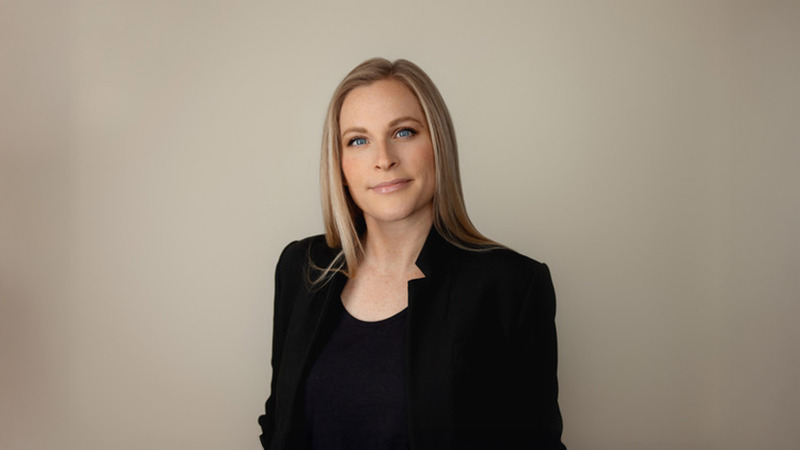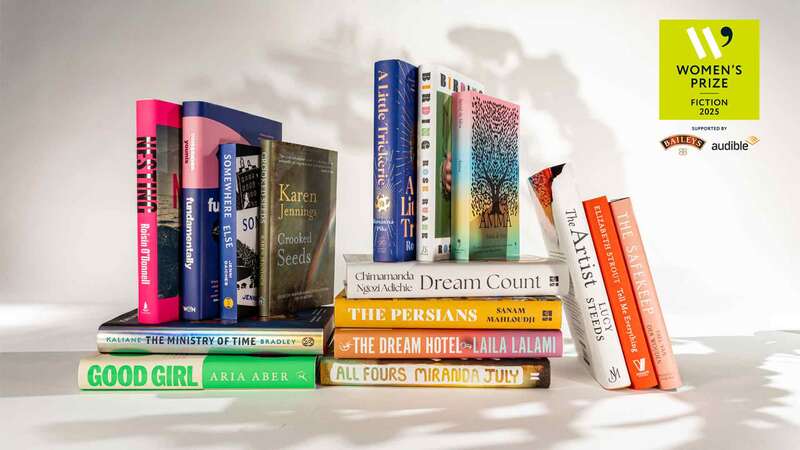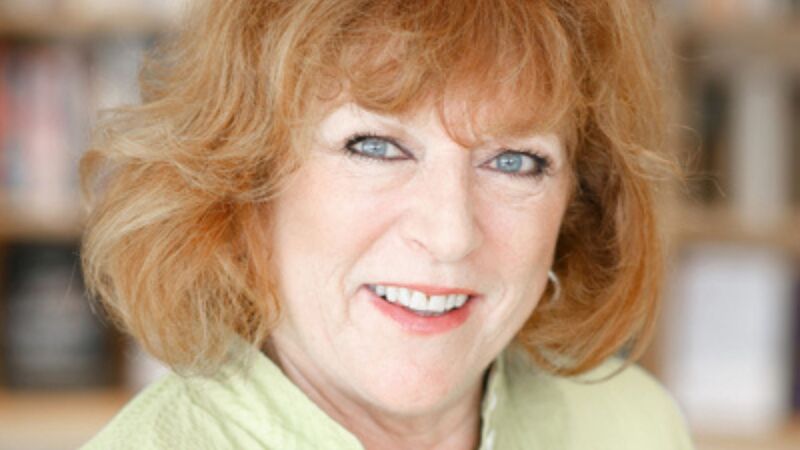You are viewing your 1 free article this month. Login to read more articles.
Strong growth for Bloomsbury's adult division, as coronavirus buffets sales
Revenue since the coronavirus forced a global lockdown at Bloomsbury Publishing has fallen just 3%, the company has reported as part of its full-year results announcement, with print revenues at 87% of last year’s sales and academic digital revenues up by over 52% for the period from March to April 2020 versus March and April 2019.
This represents a better than expected picture of current trading and is in line with anecdotal reports from other large publishing groups, where sales have generally held up better than expected at the beginning of the lockdown. Speaking to The Bookseller, chief executive Nigel Newton said the business had "been hit very hard like all publishers", but that books were still reaching customers, with Newton highlighting supermarkets, the Hive and Waterstones' website, along with Amazon and sales of e-books.
In its full-year report, for the 12 months to end-February 2020, the results show profit growth of 9% across the group, despite only a marginal increase in sales. Overall, full-year revenues increased from £162.7m to £162.8m, with profits up by 9% to £15.7m (£14.4m). Consumer revenues were down marginally to £96.8m (£99.3m), and its non-consumer business was up by 4% to £66m (£63.4m). Although the period pre-dates the corona-lockdown in the West, Newton said there was an impact on Chinese sales in January and February.
Within that consumer unit, Bloomsbury's adult division achieved strong growth with a 12% increase in revenue to £37.4m (£33.5m) and profit before taxation and highlighted items increasing by 77% to £1.6m (£0.9m). The company said the success came from both frontlist and backlist titles, and the continued impact of strategic changes in the division. Bestsellers in the year included Dishoom: From Bombay with Love Love by Shamil Thakrar, Kavi Thakrar and Naved Nasir, Tom Kerridge’s Lose Weight & Get Fit, The Anarchy by William Dalrymple, and the number one Sunday Times bestseller Three Women by Lisa Taddeo.
Children's trade revenue dropped by £6.4m, delivering revenue of £59.5m compared with £65.8m in 2018/2019. The company said sales were affected by the timing of title releases and fewer frontlist books from Sarah J Maas. Harry Potter titles have stayed "resilient", the company said.
There had also been a 190% revenue growth in audio during the year, the company reported.
In the non‚Äêconsumer division, revenues increased by 4% to £66m (£63.4m), with profit before taxation and highlighted items up by 85% to £6.7m (£3.6m). Bloomsbury said the profit growth reflected improved Academic & Professional and Special Interest profitability and the £0.7m increase in profit from Bloomsbury Digital Resources.
Nigel Newton, chief executive, said: "Orders for print books, which comprised 79% of the company’s revenue for the year ending 29th February 2020, are being affected in all our markets. Our UK, US and Australia warehouses remain open and continue to supply customers. Our strategy of expanding and leveraging our digital rights and products means that we are well placed to benefit from increased demand for our digital resources, audio and e‚Äêbooks."
Bloomsbury raised £8.4m in April and it has outlined a series of cost-cutting measures as it expects that print sales could fall as much as 75%. It is now expecting that print revenues could be reduced by 60%-65% for the three months, with the equity placing proceeds to be used for future growth opportunities, should this downside not materialise. The company said the improvement in prospects was because of better than expected trading in March and April.
Newton praised the trade for continuing to get books to customers. "Thanks to the indefatigable spirit of the British and worldwide book trade, books are finding their way to customers and readers regardless. Waterstones' website and the Hive have been brilliant, as has Gardners. Supermarkets have been good for physical sales, Amazon who stopped and started with their prioritising are doing a great job as well. This is a perfect moment for e-books, we've seen a surge in sales of those. Audiobooks have done okay; obviously they are consumed quite heavily by people commuting so we lost that part of audio sales."


















